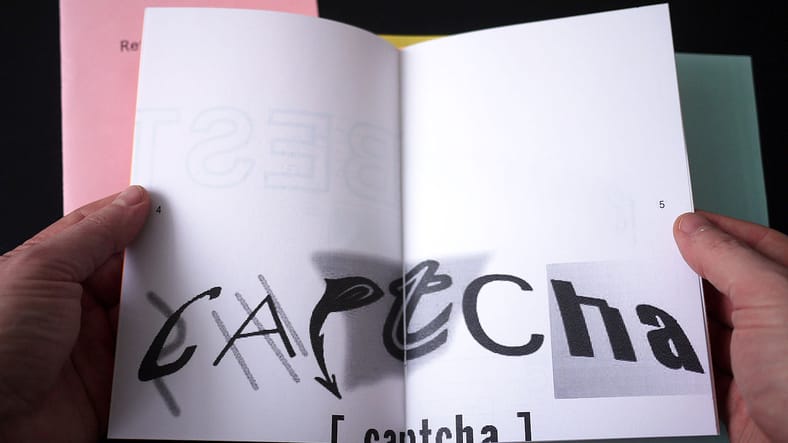
Select all the images with traffic lights…
Have you seen this kind of prompt while accessing a website or an online tool? If yes, then you’ve been hit by a CAPTCHA.
At first, CAPTCHA’s were just text that verified “Are you a Human”, but nowadays, it’s more than that. Some websites will come up with 3 or 4 human verification tests, while others go so extreme as to be almost unbeatable.
The question is, why are CAPTCHA’s getting harder to beat? Let’s find out!
CHECK OUT: Why Are Hackers After Your Instagram Account?
What Is A CAPTCHA?
A CAPTCHA is a method that asks users for various types of information, like numbers and letters, to confirm that the person on the device is human.
CAPTCHA’s are useful, they stop bots from doing things they shouldn’t. For example, spamming forms and breaking websites.
In fact, CAPTCHA stands for Completely Automated Public Turing test to tell Computers and Humans Apart.
Ironically, hackers can break these tests (and have even used them to hide phishing malware).
The reality is, many services simply don’t have the resources to keep their CAPTCHAs ahead of hackers by making sure that anyone — regardless of age, education, language, etc. — can pass their test and get into a website or system automatically.
So eventually, something needs to be done, and that is why CAPTCHA’s are getting harder to crack.
CHECK OUT: SCUF Controllers – What The Pros Use And Why It’s (Like) Cheating
The Evolution Of CAPTCHA, And Why They Are Getting Harder With Time?
Luis van Ahn is most famously known as the inventor of captchas.
While Luis was in college, he attended and heard Yahoo’s Chief speak about ten problems on the Internet that had never been addressed before. One of which was how to prevent bots/automated programs from signing up for member accounts.
Then one day, he realized humans could read text from different angles; they are highly skilled at optical character recognition. We have been trained to read characters since we were children. However, computers of that time don’t have such powers.
Understanding the same fact that humans are superior to computers. CAPTCHA’s were invented!
After that, text-based CAPTCHA’s was given to Yahoo. They placed it on their website, which eventually lowered the number of spam sign-ups.

CHECK OUT: Why Solid-State Batteries Will Revolutionize How We Store Energy
The Upgrade To Image-Based CAPTCHAs
In 2005, a new type of test was introduced as “reCAPTCHA.”
In reCAPTCHA, age-old words were made unrecognizable. The second part of the test involved taking images printed in old New York Times articles or magazines and manipulating them to see if they could be identified.
The computer has no idea what it’s going to do with that second word. Based on the first word, the computer could make an assumption about humans and can’t crack it like text-based CAPTCHAs.
With the passage of time, the computer got better at reading text than humans, which again raised the alarm of bots and spam. And then, it all changed to images.
reCAPTCHA Version 2
The reCAPTCHA 2 was created in 2014. This CAPTCHA is different from others because it doesn’t ask you to identify letters or numbers; instead, it asks you to complete a puzzle!
Till now, humans are presented with images, like traffic signals, crosswalks, trucks, or boats, and they have to identify similar ones.
However, the popularity of reCAPTCHA Version 2 is indifferent. Not only does it keep the bots out (for now), it keeps people out.
CHECK OUT: Everything You Need To Know About Non-Fungible Tokens (NFTs)
The NoCAPTCHA Future
While this technology is rarely used, you can call it the future of CAPTCHAs. With the NoCAPTCHA, you will not see any CAPTCHA or test on a website. However, the website identifies your behavior with a background test.
If you move your cursor like a human, it will allow you to scroll or use that website, but if they detect you as a robot, “moving cursor too fast”. You will get a prompt to solve a text-based captcha.
However, hackers will crack the NoCAPTCHA in time, and with the bizarre progression of CAPTCHA, making it difficult for people to log in, join, and more, it is likely the real future of human verification will be fingerprints, eye scans, voice recognition, etc. It is only a matter of time.
More About:Technology
